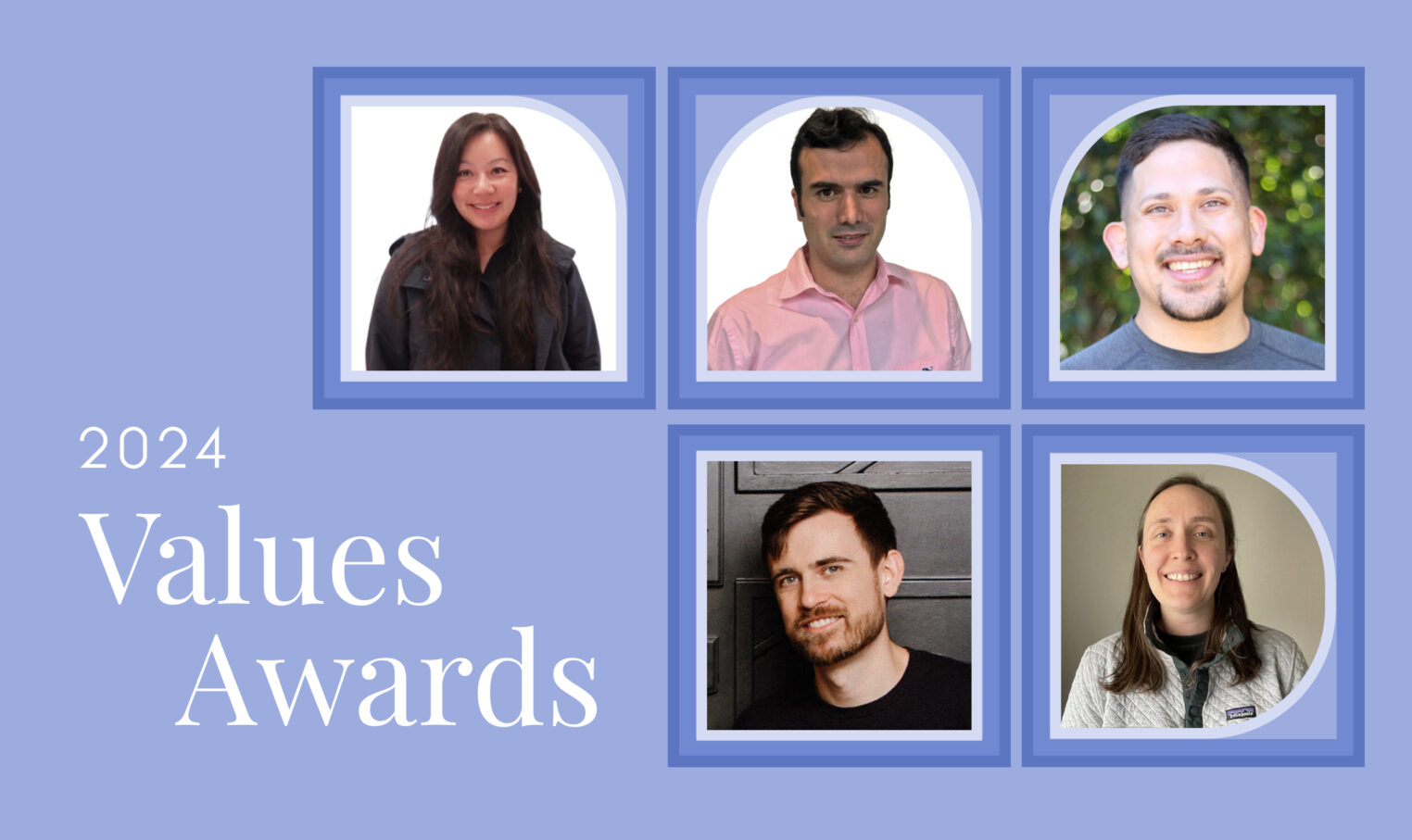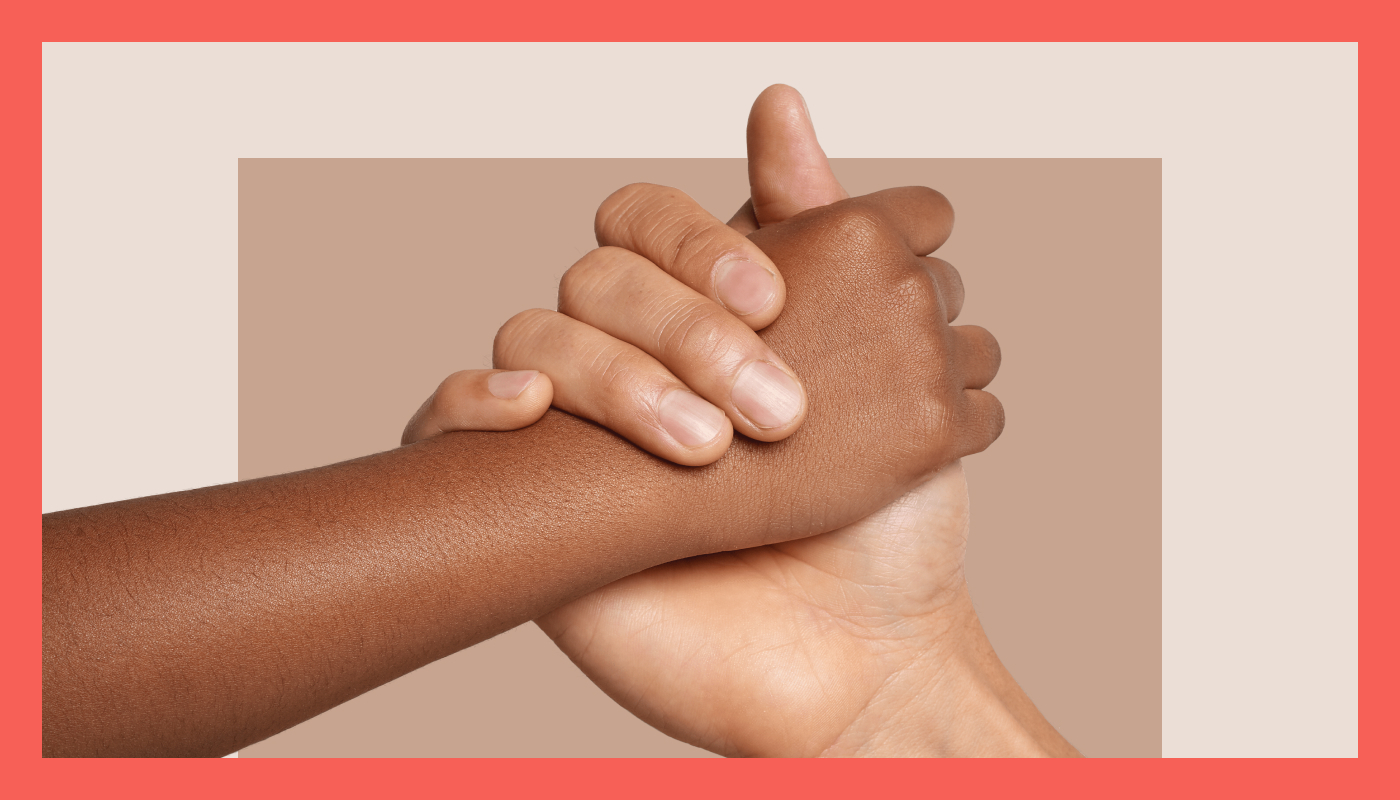Meet the Collective is our series highlighting the great people who make up Collective Health. Today, we’re sitting down with Jim Maliekal, Senior Manager in Clinical Research and Population Health.
Where are you from?
My hometown is Berkeley, California. For the last 30 years, I have lived in the Bay area. Prior to that, I spent 20 years in Chicago, and some time overseas in India and Malaysia.
What happened in your career that led you to Collective Health?
I have been a pharmacist for over 30 years, and most of my career has been in the traditional acute care hospital setting. Six or seven years ago, I felt it was time for a change. One of my former colleagues started working at Collective Health and told me they loved it. Coincidentally, there was a role similar to mine that opened, and when I looked more into the company, I was particularly drawn to its mission.
What is the most rewarding aspect of working in Pharmacy?
The pharmacist is oftentimes the most frequently visited healthcare provider, and we have a chance to directly influence health outcomes.
What excites you most about where Collective Health is going?
We have such a clear vision that’s been laid out by our executive team. As an organization, we have been very intentional about venturing into areas where we can make an impact on people. We don’t just tell people what their benefits are, and leave it to them to navigate. Through our offerings like Personalized Recommendations and Care Navigation, we help our members optimize their healthcare experience. Whether they are finding cost-effective care or getting value from one of our partner programs, Collective Health is making that happen.
What’s an example from your career that really showed to you that we needed to think about and approach healthcare differently?
Working in a hospital, I’ve witnessed a lot of the inefficiencies in healthcare. The lack of access, difficulties paying for care, and limited communication between physicians and patients, all lead to poor health outcomes. This is another area where Collective Health plays a critical role. We can keep contact between visits, provide help, and intervene when we need to. That differentiation alone tells me Collective Health thinks about healthcare in the right way.
One of the main issues we continue to struggle with as a society is paying for care. There are so many effective treatments available, but not everyone can afford them, even with insurance. Collective Health has the ability to remove some of those barriers, to help people find the care they need by showing them what services are in-network, which are out-of-network, what this means for their deductible, which things aren’t covered etc.
What’s one of the most important lessons you’ve learned in your career?
That is an easy one. It is easy for anyone working in healthcare to think we know it all, and therefore, we don’t listen to patients as much as we should. Healthcare has to be listening as it directs a patient. One thing I have seen change for the better is the dynamic between doctors and patients when it comes to communication. Years ago, you didn’t dare question a doctor. Now, doctors are finding more ways to engage patients outside of clinical visits. We still have a ways to go but I always try to remind myself of that lesson when working with a patient. It may be my area of expertise, but it’s their experience that matters.
What’s your favorite thing to do when you’re not at work?
Working in my garden! My wife and I really enjoy gardening so we spend a lot of time doing that. I like watching things grow and bloom. It’s a great stress reliever for me.
As a kid, what did you want to be when you grew up? How does that inform what you do today?
I’ve always had a deep love of the outdoors – hiking, camping, being in nature – so I alway wanted to be a forest ranger and work in a national park. I was even willing to wear the full green outfit, hat and all. And maybe that will happen eventually as a volunteer.
Fun fact about me:
I guess it would be my eclectic music taste – its a wide range from classical music to heavy metal but I am perpetually stuck in the 70s. I was a teenager then and it was really a great time for rock and roll. However, I know very little about any rock bands from the 90s onward.



